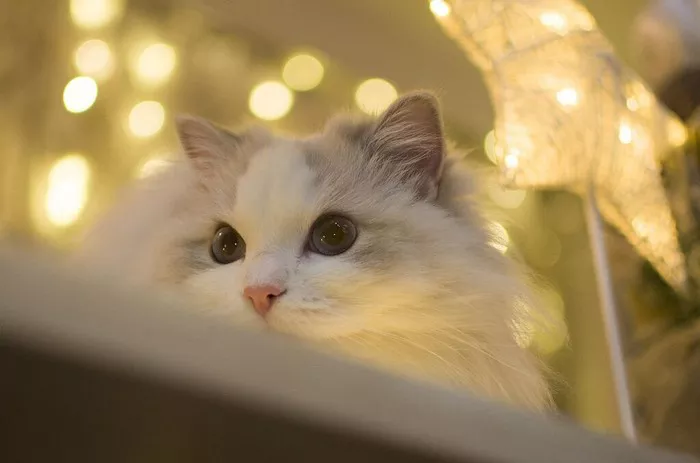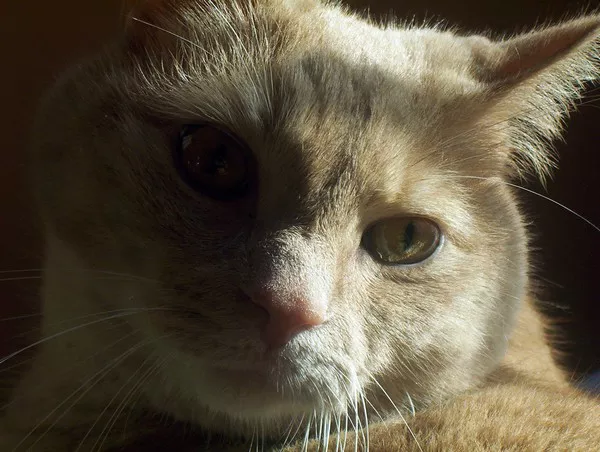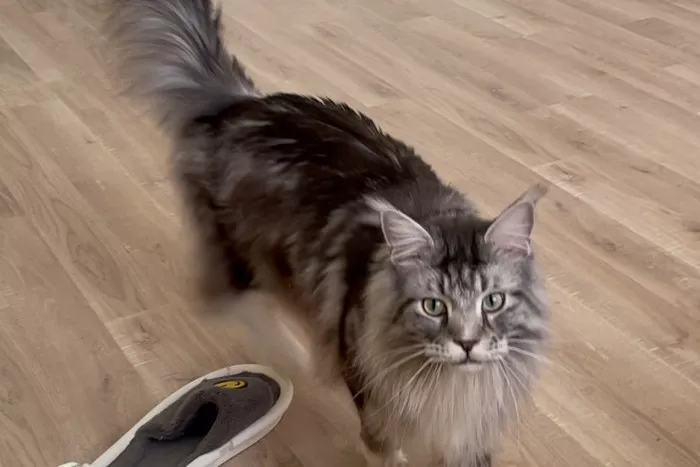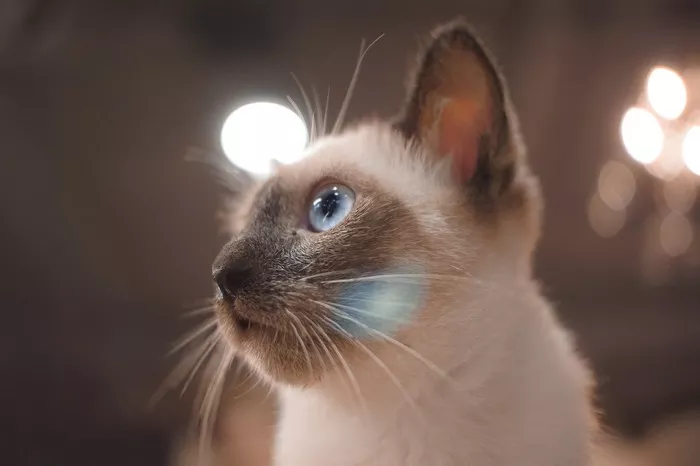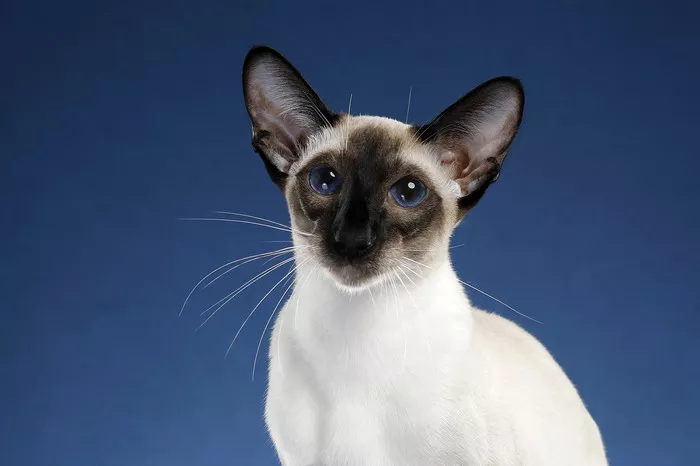Ragdoll cats are a popular and beloved breed known for their striking blue eyes, gentle temperament, and silky, semi-longhair coats. While they are generally considered a healthy breed, like any other feline companion, Ragdolls may be prone to certain health conditions. Being aware of these potential issues can help owners take proactive measures to ensure the well-being and longevity of their Ragdoll companions.
Hypertrophic Cardiomyopathy (HCM):
Hypertrophic Cardiomyopathy is a genetic heart condition that affects many cat breeds, including Ragdolls. It is caused by thickening of the heart muscle, which can lead to heart failure if left untreated. Symptoms of HCM include lethargy, rapid breathing, and fainting spells. If you suspect your Ragdoll may have HCM, it is important to take them to a veterinarian immediately for diagnosis and treatment.
Polycystic Kidney Disease (PKD):
PKD is an inherited condition characterized by the formation of cysts in the kidneys. Although more commonly associated with Persian cats, Ragdolls can also be prone to this disease. Routine screenings and genetic testing can help identify cats carrying the PKD gene before breeding to prevent its spread. Early detection and intervention can significantly improve the quality of life for affected cats.
Bladder Stones:
Ragdolls may be predisposed to developing bladder stones, also known as urolithiasis. These stones can cause discomfort, urinary tract infections, and in severe cases, blockage of the urethra. Ensuring a balanced diet, providing fresh water, and regular veterinary check-ups can help minimize the risk of bladder stones. Prompt treatment is crucial to prevent complications and promote urinary health.
Gastrointestinal Issues:
Sensitive stomachs and digestive problems can occasionally trouble Ragdolls. Some individuals may be prone to food allergies or have difficulty digesting certain ingredients. Maintaining a consistent and appropriate diet, preferably with high-quality, easily digestible food, can help manage gastrointestinal issues and promote digestive health.
Feline Lower Urinary Tract Disease (FLUTD):
Ragdolls, like many other cat breeds, can be susceptible to FLUTD, a collective term for various urinary tract disorders. Factors such as stress, inadequate hydration, and urinary tract infections can contribute to the development of FLUTD. Providing fresh water, a clean litter box, and stress-free environments can help prevent or manage this condition.
Dental Problems
Like many other cat breeds, Ragdolls are prone to dental problems such as gingivitis and periodontal disease. These conditions occur when plaque and tartar buildup on the teeth, leading to inflammation of the gums and tooth loss. Good dental hygiene practices, such as regular brushing and professional cleanings, can help prevent these issues.
Vomiting and Diarrhea
Vomiting and diarrhea are common problems in cats and can have many causes, including dietary indiscretion, bacterial infections, and intestinal parasites. If your Ragdoll is experiencing vomiting or diarrhea, it is important to monitor their symptoms and seek veterinary care if they persist for more than a day or two. Treatment options may include medication and dietary changes.
General Care Tips for Ragdoll Cats:
Regular Veterinary Check-ups: Schedule routine visits with a trusted veterinarian to ensure early detection of any potential health issues and maintain a vaccination and preventive healthcare schedule.
Balanced Diet: Feed your Ragdoll a well-balanced, nutritious diet appropriate for its age, weight, and overall health. Consult with your veterinarian to determine the most suitable diet for your cat’s specific needs.
Hydration: Ensure access to fresh water at all times to promote proper hydration and kidney health. Some Ragdolls prefer drinking from running water sources, such as fountains, so consider providing one if your cat shows a preference.
Environmental Enrichment: Provide mental and physical stimulation to keep your Ragdoll active and engaged. Interactive toys, scratching posts, and dedicated playtime can help prevent obesity and alleviate stress.
Regular Grooming: Ragdolls have semi-longhair coats that require regular grooming to prevent matting and hairballs. Brush their fur gently to maintain its luxurious appearance and prevent excessive shedding.
Conclusion:
Ragdoll cats are wonderful companions known for their calm and affectionate nature. While they are generally healthy cats, they may have a predisposition to certain conditions like hypertrophic cardiomyopathy, polycystic kidney disease, bladder stones, gastrointestinal issues, and feline lower urinary tract disease. By staying informed about these potential health concerns and following proactive care measures, Ragdoll owners can ensure their beloved feline friends live long, happy, and healthy lives. Regular veterinary check-ups, a balanced diet, adequate hydration, environmental enrichment, and grooming are all essential components of providing the best care for Ragdoll cats.

